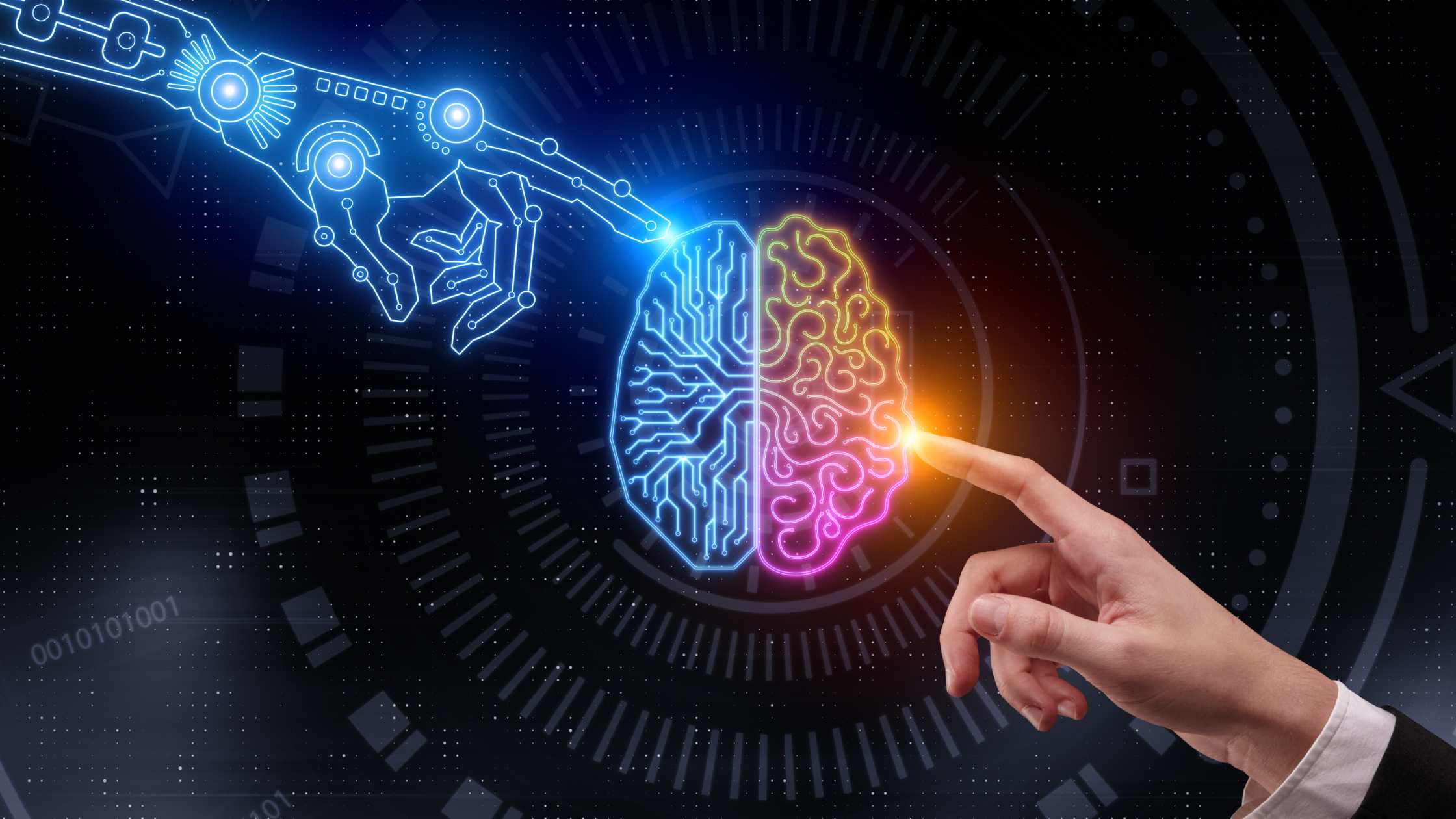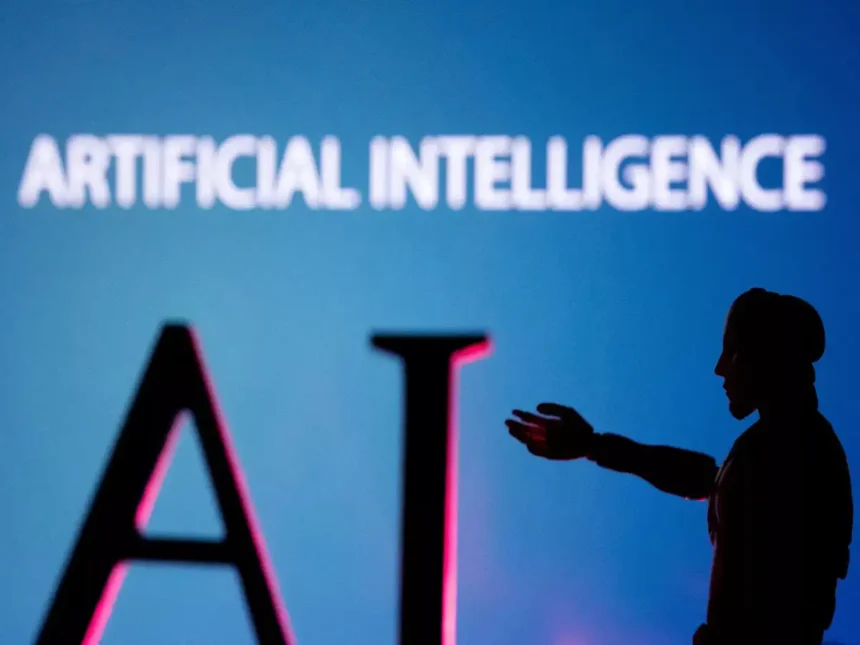AI won’t replace you. But a person who understands AI just might: this is the message from a growing number of young professionals in Pune, who have found ways to integrate AI into their work to increase productivity and creativity.
A growing number of young professionals no longer see AI as a looming threat but as a dynamic tool reshaping their careers and creative possibilities. They view AI as something that can support their efforts, speed up their tasks, and even improve the quality of their work. For them, AI will not lead to losing relevance but will offer an opportunity to evolve purposefully.
AI as a Tool for Career Growth

“AI is a tool, not a threat,” says Anuj Pravin Baghan, a Computer Science student at the College of Engineering, Pune. “AI might automate repetitive, entry-level tasks, but it can’t replace real skills. As engineers, we are taught to constantly adapt. New technologies come and go; that is just the nature of this field.”
Anuj believes the fear surrounding AI mostly stems from those outside the tech world or from misconceptions shaped by sci-fi movies. “If you understand how AI models work, you will know they are not magical solutions; they are tools that still need human intelligence to guide them.”
His final-year project focuses on training AI models to enhance real-world applications like smarter web systems. He thinks learning AI is not about flashy tools, but understanding its fundamentals and integrating them meaningfully. “The truth is, AI won’t replace you. But a person who understands AI just might,” he says with a smile.
The Role of AI in Design: A Creative Collaboration
Prajwal Gaikwad, a design student at Fergusson College, sees the age of AI not as a threat, but as an opportunity. “In the age of AI, designers will survive not by resisting, but by coexisting, where human creativity and machine speed merge to turn days of work into minutes, making us not competitors of AI, but its most powerful collaborators,” he says.
While Prajwal admits the competition has increased, he believes AI opens new doors for those willing to master it. “Designers who embrace this partnership become not just creators, but curators of meaning, blending technology’s efficiency with human emotion, context, and cultural awareness,” he says.
AI in Medicine: A Supportive Force for Healthcare
In the medical field, too, there are those who see AI as an enabler. Sushil Satishrao Deosarkar, an MBBS student at MIMER Medical College, says, “AI should not be seen as a replacement but as a powerful support system. It can help doctors make more accurate diagnoses, especially when symptoms are complex or direct intervention is not feasible.”
He elaborates on how AI functions as a vast, evolving database, offering updated insights on drug interactions, patient response trends, and micro-level data analysis. “Medicine is guided by experience and empathy. AI turns data into helpful guidance. When a diagnosis is difficult, it brings information closer and supports the healing process, not by replacing doctors, but by helping them,” Sushil says.
AI in Literature: The Human Touch Remains
Meanwhile, in the humanities, Sadiya Rehmat, who recently completed her master’s in English Language and Literature at MIT World Peace University, offers a more nuanced perspective. “AI cannot truly capture emotional depth when it comes to literature. It operates based on prompts, it doesn’t feel, it doesn’t reflect, and it certainly can’t craft meaning from lived experiences.”

She believes creativity in literature and content creation is deeply human. “I don’t see AI replacing a content creator or strategist even a decade from now,” she says. Creativity is not just about structure or words, but about insight, empathy, and intuition; only a human mind can bring them.
AI in Finance: People Skills Still Matter
Concurring with her from the world of finance is Ved Mahesh Ingale, a BCom student at Brihan Maharashtra College of Commerce and an ACCA candidate. “I’m aiming for fields like private equity and consulting, these demand human thinking, decision-making, and people skills. AI can’t replace that.”
While he acknowledges that AI may handle tasks like bookkeeping or data entry, he believes core finance roles are far too complex and people-driven. “Every company’s finances are unique, and while AI can assist, it can’t understand everything or make high-level decisions the way humans can,” he concludes.

Conclusion: Embrace AI as a Tool for Career Growth
The professionals from Pune demonstrate a forward-thinking attitude toward AI. Instead of fearing it, they are embracing it as a tool for enhanced productivity and creative potential. As industries evolve, so too will the ways in which AI can support various fields—from design to healthcare and finance. In this dynamic era, learning how to effectively integrate AI will be the key to staying relevant and thriving in an increasingly digital world.
For more insights into how AI is transforming industries.









